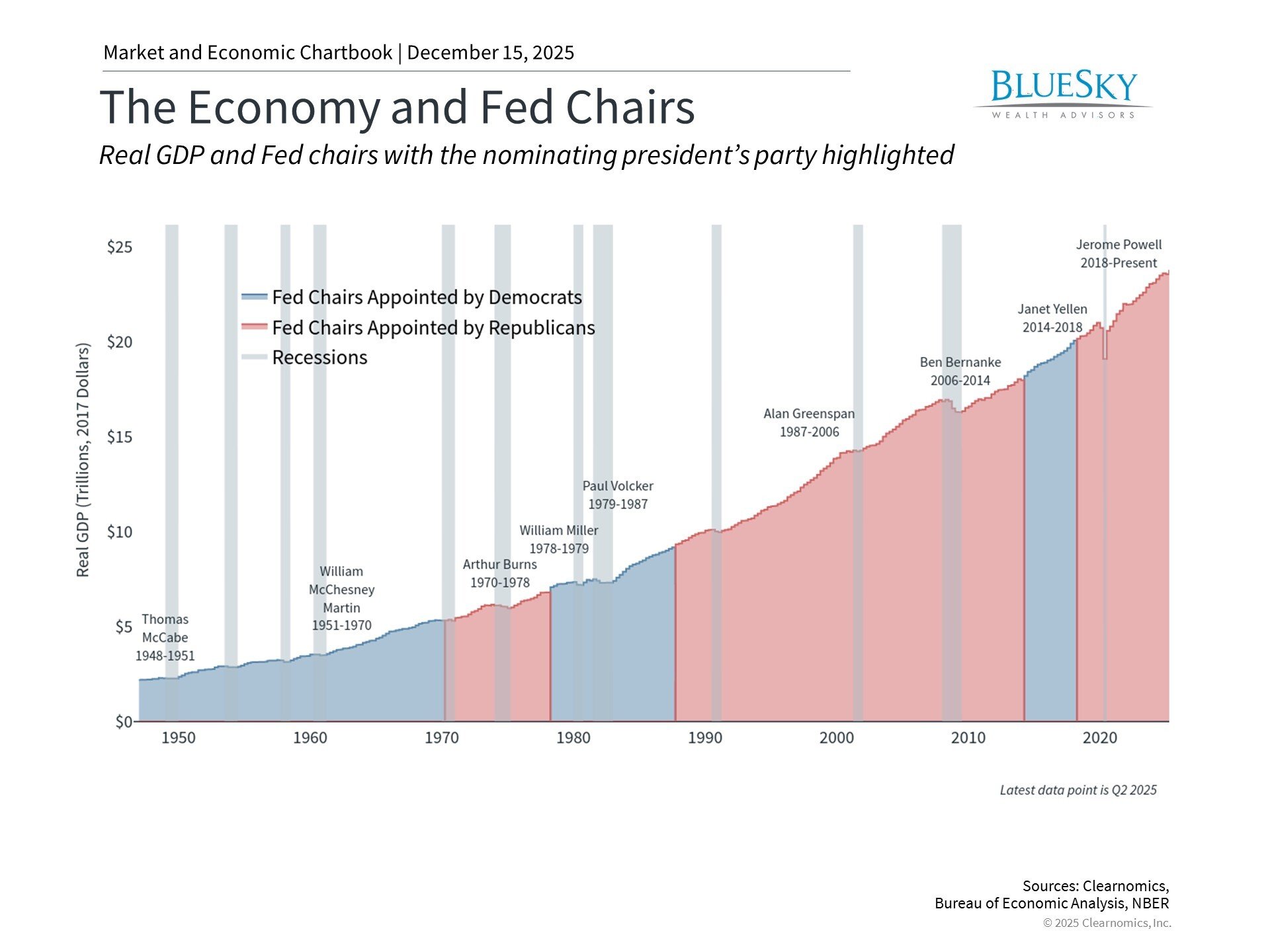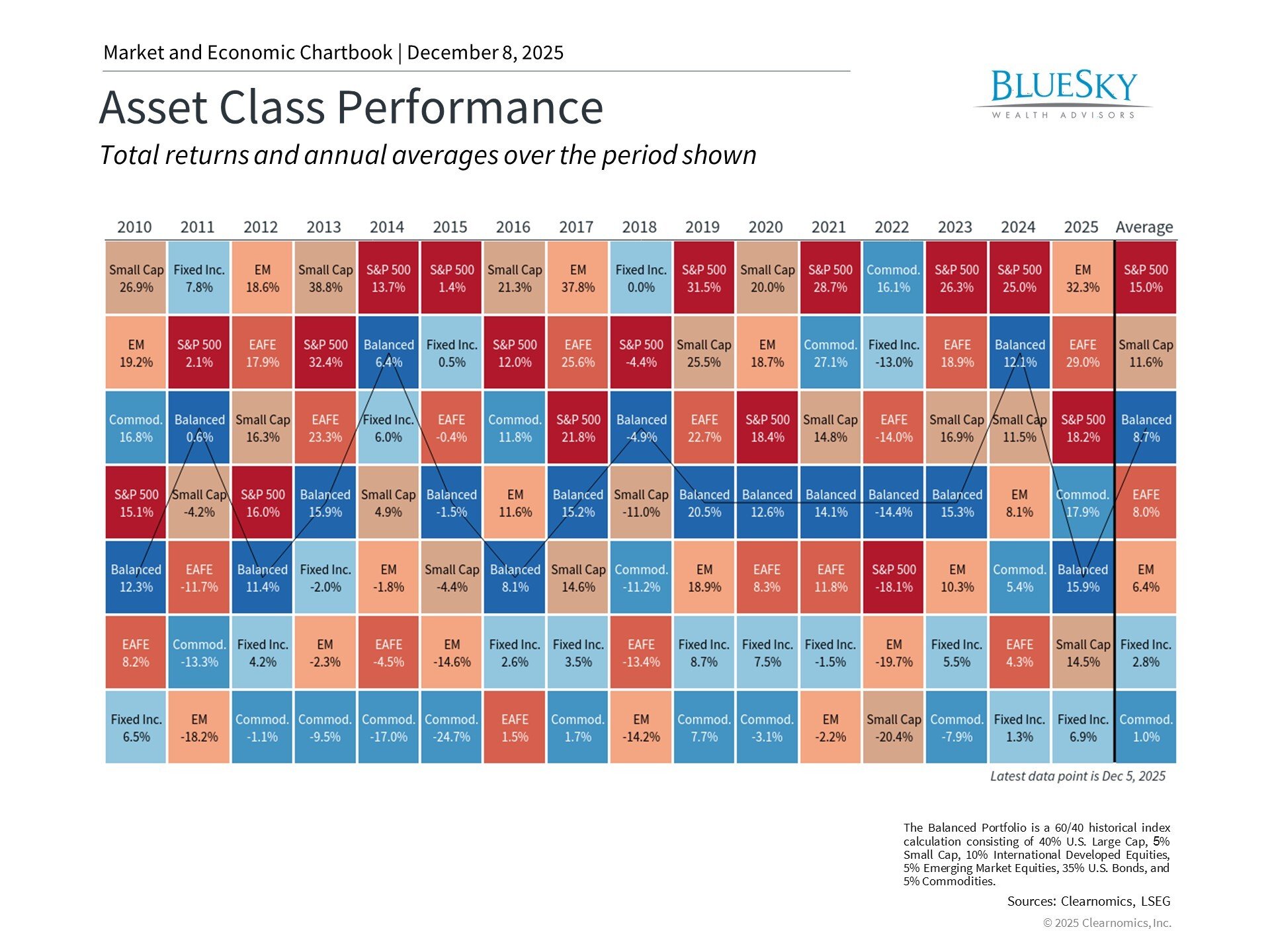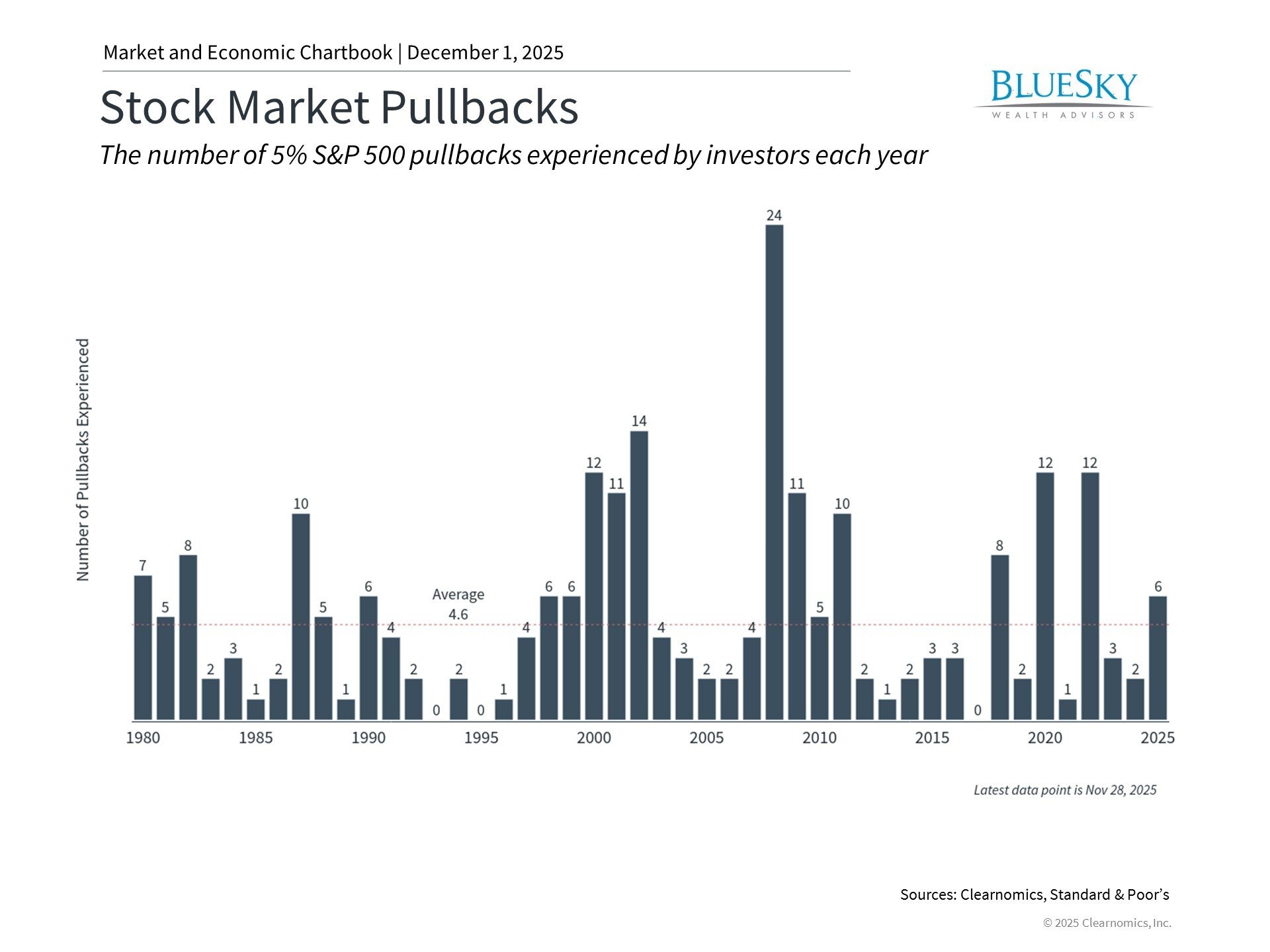
The Different Types of Financial Advisors
The Different Types of Financial Advisors

Navigating the world of finance is like embarking on an exhilarating journey through a labyrinth of possibilities. With its complex terminologies and diverse investment options, it can feel like a never-ending quest for financial well-being. Financial advisors are here to guide you, acting as your trusted companions in this exciting adventure.
From Certified Financial Planners (CFPs) to Robo-advisors, the realm of financial advisory is as fascinating as it is intricate. Discovering each type and its unique offerings will unlock your true financial potential. So, are you ready to embark on this enlightening journey? Let’s get started!
Importance of Financial Advisors

Before diving into the different types of financial advisors, let’s understand why we must choose a financial advisor. Here are some reasons why hiring a financial advisor should be on top of your to-do list:
Expertise
Financial advisors are trained and experienced professionals who possess extensive knowledge about the ever-evolving financial landscape. They deeply understand various investment options, tax laws, and free financial advice for wealth management. With their expertise, they can provide valuable insights and help you easily navigate complex financial decisions.
For example, if you are a business owner looking to expand your company, the financial industry regulatory authority can assist you in creating a sound and effective financial plan. They may suggest diversification of investments, minimizing tax liabilities, or securing funding through loans or partnerships. With their guidance, you can make informed decisions to drive your business toward growth and success.
Objectivity
When it comes to finances, people can often make emotional decisions that may not be in their best interest. Financial advisors bring objectivity to the table and help you look at your financial situation from a rational perspective. They are unbiased and prioritize your financial well-being over any personal financial advisor’s work.
For instance, if you have a considerable amount of debt and are struggling to manage it, investment advisor representatives can offer impartial advice on the best ways to tackle it. They may suggest consolidating your debts into one manageable payment or using a debt management plan to get back on track financially. With their objective viewpoint, you can make decisions that align with your long-term financial goals.
Personalized Approach
Every individual has unique financial goals, priorities, and risk tolerance levels. A certified public accountant takes the time to understand your specific needs and creates a personalized plan tailored to your requirements. They assess your current financial situation and work with you to create a roadmap that aligns with your objectives.
For example, if you are planning for retirement, a financial advisor can help you estimate how much you will need to save and suggest investment options to help you reach your retirement goals. With their personalized approach, you can have peace of mind knowing that your financial plan is tailored to your specific needs.
Holistic View
Financial advisors adopt a holistic view of your finances, considering all aspects of your financial life. They look at not just your investments but also your cash flow, insurance coverage, and estate planning. This comprehensive approach ensures that all aspects of your financial health are considered when creating a plan.
For instance, if you are nearing retirement age, a financial advisor will help you with your investment portfolio and suggest adjusting your cash flow to support your lifestyle after retirement. They may also advise on estate planning to ensure your assets are distributed according to your wishes after you pass away.
Time-saving
Managing finances can be time-consuming, especially if you have a busy schedule or multiple financial goals. A financial advisor can save you time by taking care of the nitty-gritty details and monitoring your investments. This frees up your time to focus on other important aspects of your life.
For example, if you are a busy professional with little knowledge of the stock market, a financial advisor can manage your investments and keep you updated on any changes or opportunities in the market. With their help, you can save time and make smart investment decisions.
Financial Education
Financial advisors manage your finances and educate you on various financial topics and strategies. They can help demystify complex concepts, teach you about different investment options, and guide you toward making informed decisions.
For instance, if you are a young professional looking to start investing for the first time, a financial advisor can provide valuable knowledge on creating an investment portfolio that aligns with your risk tolerance and long-term goals. With their guidance, you can become a more confident and knowledgeable investor.
Accountability
Having a financial advisor holds you accountable for your financial decisions. They act as a sounding board and help keep you on track towards achieving your financial goals. This accountability can motivate you to make smarter choices and stay committed to your financial plan.
For example, if you tend to overspend and struggle with creating a budget, a financial advisor can help you stay accountable by regularly reviewing your spending habits and offering suggestions for improvement. With their support, you can develop better financial habits and stay on track towards reaching your goals.
Cost Savings
While it may seem counterintuitive, hiring a financial advisor can save you money in the long run. They are well-versed in finding cost-efficient ways to manage your finances, such as minimizing tax liabilities and identifying alternative investment options with lower fees.
For instance, if you have multiple retirement accounts and are unsure how to manage them efficiently, a financial advisor can help consolidate them into one account with lower fees, saving you money in the long run. With their expertise, you can potentially save thousands of dollars over time.
Ongoing Support
Financial advisors provide ongoing support and guidance throughout your financial journey. They are there to answer any questions, help you navigate life events that may impact your finances, and adjust your plan as needed.
For example, if you experience a sudden job loss or significant market changes, a financial advisor can offer guidance on adjusting your finances and investment strategy to minimize the impact. With their ongoing support, you can feel more confident in your financial decisions and adapt to any changes smoothly.
Investment Advice
Financial advisors have access to a wealth of resources and research that may not be available to individual investors. They stay up-to-date on market trends, economic conditions, and potential investment opportunities, allowing them to make informed financial future decisions on your behalf.
For instance, if you are interested in socially responsible investing, a good financial advisor can research and recommend specific funds or companies that align with your values. With their expertise and access to research, you can make investment decisions that align with your beliefs.
Types of Financial Advisors

As mentioned, you can choose from several financial advisors based on your needs and preferences. Some common types include:
Certified Financial Planners (CFPs)
Certified Financial Planners (CFPs) are financial professionals who have met the rigorous standards established by the Certified Financial Planner Board of Standards, Inc. They must pass an extensive exam in insurance, investments, retirement planning, tax, estate planning, and financial planning, embodying a comprehensive approach to financial advisory. CFPs are also held to high ethical standards and must act as fiduciaries, putting their client’s interests first.
Pros of Hiring a Certified Financial Planner (CFP)
- Comprehensive knowledge: CFPs are trained in multiple areas of financial planning, allowing them to provide holistic advice.
- Fiduciary duty: CFPs are required to act in the best interest of their clients, providing a high level of trust and integrity.
- Professional standard: CFPs are held to a rigorous standard by the CFP Board, ensuring quality service.
Cons of Hiring a Certified Financial Planner (CFP)
- Financial advisor cost: CFPs often charge higher fees due to their level of expertise and certification.
- Not specialty-specific: While CFPs have broad knowledge, they may not be the best choice if you need highly specialized advice in one area.
- Potentially unnecessary for simple finances: If your financial situation is straightforward, the comprehensive services of a CFP may be more than you need.
2. Registered Investment Advisors (RIAs)
Registered Investment Advisors (RIAs) are skilled professionals entrusted with managing the assets of high-net-worth individuals and institutional investors. The Securities and Exchange Commission directly regulates these experts. RIAs offer various services, including portfolio management, asset allocation strategies, and valuable financial planning services. Unlike brokers, RIAs are held to a fiduciary duty, ensuring they always act in the best interests of their clients and diligently disclose any conflicts of interest.
Pros of Hiring a Registered Investment Advisor (RIA)
- Fiduciary Duty: RIAs are legally required to act in the best interests of their clients, ensuring a high level of trust.
- Customized Advice: RIAs typically provide personalized financial advice based on your individual financial situation and goals.
- Asset Management: RIAs manage your assets and make investment decisions on your behalf, saving you time and effort.
Cons of Hiring a Registered Investment Advisor (RIA)
- Cost: RIAs often charge a percentage of the assets they manage, which could be expensive for large portfolios.
- Minimum Investment Requirements: Some RIAs require a minimum asset value to offer their services, which might be a barrier for some investors.
- Potential Over-management: For passive investors, the active management strategy of an RIA might be more than needed, potentially leading to higher costs.
Robo-Advisors
Robo-advisors are automated online platforms that use algorithms and technology to provide financial advice and manage investments. They typically require minimal human interaction and have low fees, making them a popular choice for beginner investors or those with lower asset values.
Pros of Using a Robo-Advisor
- Low Fees: Robo-advisors often have lower fees than traditional financial advisors, making them more accessible for individuals with smaller portfolios.
- Easy to Use: With a user-friendly interface and minimal human interaction, robo-advisors are easy to navigate and use.
- Diversification: Robo-advisors often utilize a diversified investment approach, spreading your investments across different asset classes.
Cons of Using a Robo-Advisor
- Limited Human Interaction: The lack of human interaction with robo-advisors may not provide enough support and guidance for more complex financial situations.
- Less Personalization: Robo-advisors typically use the same investment strategies for all clients, potentially leading to a lack of personalization.
- Technology Risk: As with any technology, there is always a risk of malfunction or error, which could negatively impact your investments.
Wealth Managers
Wealth managers are financial advisors who specialize in managing the assets of high-net-worth individuals and families. They offer various services such as investment management, tax planning, estate planning, and risk management.
Pros of Hiring a Wealth Manager
- Personalized Services: Wealth managers provide highly personalized financial services tailored to your needs and goals.
- Holistic Approach: With expertise in various areas such as investments, tax, and estate planning, wealth managers offer a well-rounded approach to managing your finances.
- High-Level Expertise: Wealth managers are typically highly experienced and knowledgeable in the financial industry, providing a high level of expertise.
Cons of Hiring a Wealth Manager
- High Fees: Wealth managers often have higher fees than other financial advisors due to their specialized services and target market.
- Minimum Asset Requirements: Similar to RIAs, wealth managers may require a minimum asset value to offer services.
- Potential Conflicts of Interest: Personal financial advisors may receive commissions or bonuses based on certain investments or products they recommend, which could create conflicts of interest with their clients’ best interests.
Things To Avoid When Hiring a Financial Advisor

When hiring a financial advisor, avoiding red flags or warning signs indicating a lack of expertise or trustworthiness is important. Some things to avoid include:
Lack of Proper Licensing or Certification
One of the most crucial aspects when hiring a financial advisor is whether they hold the proper licensing or certifications. These accreditations testify to their competency, adherence to ethical standards, and commitment to continued education in their field. For instance, a Certified Financial Planner (CFP) has undergone rigorous training and passed a comprehensive exam covering various areas of financial products.
Without these credentials, most financial advisors may lack the necessary knowledge and skills to provide effective advice and guidance. Furthermore, these certifications require adherence to a code of ethics, providing clients additional protection.
High-Pressure Sales Tactics
High-pressure sales tactics are another red flag to look out for when hiring a financial advisor. These aggressive strategies often push you to make hasty financial decisions, frequently promoting a sense of urgency or scarcity to compel action. For instance, an advisor may insist on a limited-time investment opportunity or a ‘too good to be true’ financial product, urging you to act immediately rather than fully understand the potential risks and rewards.
This behavior is a warning sign, as a reliable financial advisor should prioritize your financial well-being over immediate transactions, providing you with all the necessary information to make informed decisions. Remember, the financial advisory relationship is a marathon, not a sprint, so any advisor worth their salt should be patient, transparent, and willing to work at your pace.
Lack of Transparency and Communication
Open communication and transparency are vital in a financial advisory relationship, fostering trust and accountability. If your advisor is evasive or unwilling to answer questions regarding their fees, investment strategies, or potential conflicts of interest, this could be a warning sign of a lack of transparency. Similarly, having difficulty reaching your advisor or receiving timely responses could indicate poor communication skills or a lack of availability.
A reliable financial advisor should be transparent about their services and fees, provide regular updates on your investment’s performance, and make themselves available for any questions or concerns. If an advisor is not meeting these expectations, it may be time to consider finding a new one.
Conclusion
Hiring a financial advisor can provide valuable guidance and support in achieving your financial goals. It is essential to understand the different types of advisors available, their pros and cons, and what to avoid when selecting one. By doing a thorough research and asking the right questions, you can find a trustworthy and competent advisor who will help you navigate your financial journey successfully. Remember, the key to a successful financial advisory relationship is trust, communication, and transparency. So take your time, ask questions, and choose the best advisor for your needs and goals. Happy investing!





